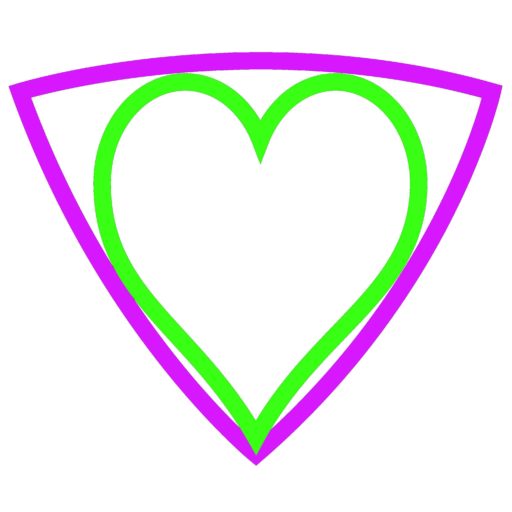Abstract
The long-term effects of energetic healing were examined in an experimental design employing a 3 x 3 factorial MANOVA on symptoms of psychological depression and self-perceived stress as measured by the Beck Depression Inventory, Beck Hopelessness, and Perceived Stress scales. Forty-six participants were randomly assigned to 1 of 3 groups: hands-on Reiki, distance Reiki, or distance Reiki placebo, and remained blind to treatment condition. Each participant received a 1 to 1.5 hour treatment each week for 6 weeks. Pretest data collected prior to treatment demonstrated no preexisting significant differences among groups. Upon completion of treatment, there was a significant reduction in symptoms of psychological distress in treatment groups as compared with controls
The following is a summary of the research article ” Long-Term Effects of Energetic Healing on Symptoms of Psychological Depression and Self-Perceived Stress” by Adina Goldman Shore, PhD. Originally published in the May/June 2004, Vol. 10, No. 3 issue of Alternative Therapies magazine, reprints of the original article may be obtained by contacting: InnoVision Communications, 169 Saxony Road, Suite 103, Encinitas, CA 92024; phone, (866) 828-2962 or (760) 633-3910; email, alternative.therapies@innerdoorway.com
Dr. Adina Goldman Shore’s article is the result of a one-year study of the effects of Reiki, on psychological depression and self-reported stress. The study investigated the hypothesis that it is the Reiki energy itself, and not the “hands on” touch, that is the healing factor, and examined the long-term effects of Reiki on depression and stress.
Forty-five participants with symptoms of depression and stress volunteered for this study. Participants were randomly assigned to one of three groups: Hands-on (touch) Reiki, Distance (non-touch) Reiki, and distance Reiki placebo.
Participants were not aware of which group would be receiving placebo Reiki. Twelve Reiki Masters, and three second degree Reiki practitioners were chosen to conduct the one to one and one-half hour sessions. Each participant received one treatment weekly for six weeks. The article describes the protocols for the selection of Reiki practitioners and participants for the study, as well as uniformity in the manner in which sessions were conducted.
Three tests, designed to measure levels of depression and stress, were administered to each participant before and after the series of six sessions. One year later, the participants retook the three tests. After testing was completed, the control/placebo group received another six weeks of Reiki treatments, this time with actual Reiki, and the three tests were administered to this group again.
Findings of the study demonstrated that there were no changes in the control/placebo group until they received the six sessions of actual Reiki a year after the first six placebo sessions.
Both the hands-on and the distance Reiki were effective in relieving symptoms of depression and stress. The results of the placebo group served to rule out any changes due to expectations of the participants. Re-testing a year later demonstrated that the positive results of the six Reiki treatments had remained intact.
Dr. Shore suggests combining Reiki with traditional forms of treatment for psychological depression, because of Reiki’s effectiveness, and cost reduction. She encourages further studies of energy healing on other psychological and physiological disorders.
